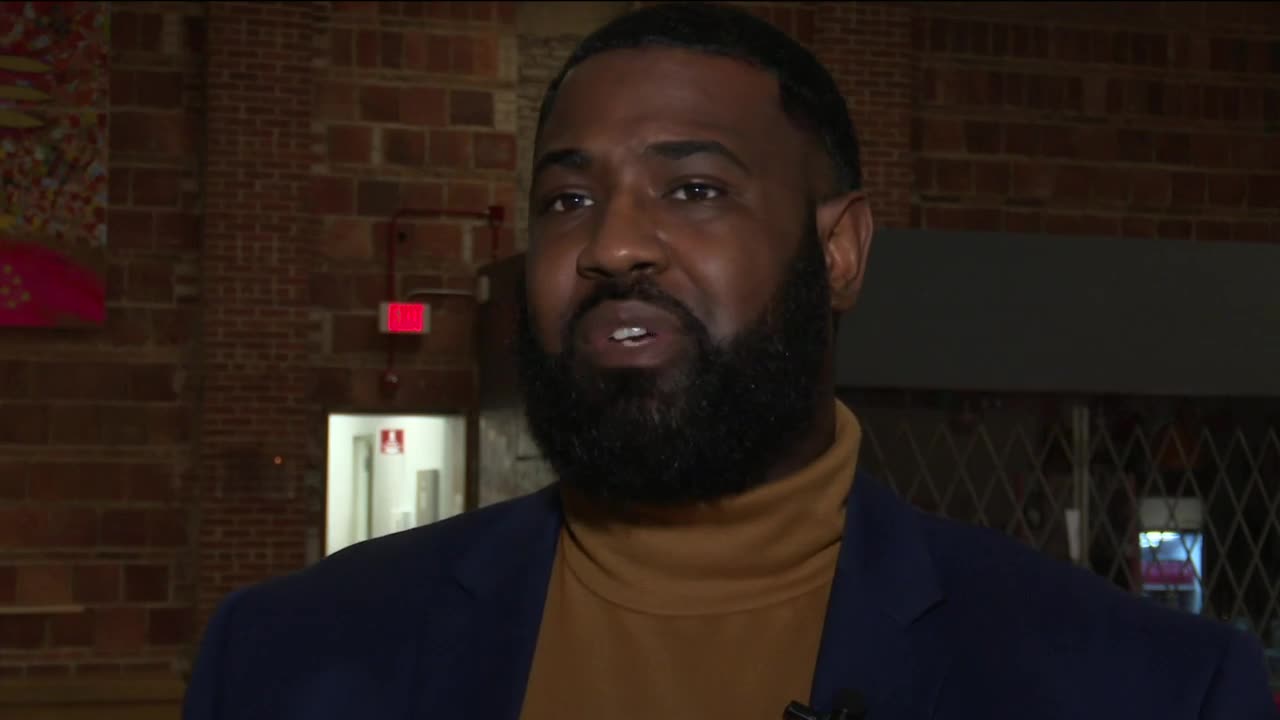MILWAUKEE — Milwaukee native Montreal Cain wanted to find a way to reach more people struggling with mental health after his own experience as a caretaker of a loved one with mental illness.
"There was a moment when I couldn't find them, didn't know where they were and my peace of mind was just all over the place. I decided, you know, I'm going to educate myself and I'm going to make sure, not only I never feel like this again, but no one else in Milwaukee does," Cain said.
That incident motivated him to get his masters degree in Christian counseling, as well as mental health first aid certified.
Cain also has experience working with apple as an Accessibility Champion, helping people who are hard of hearing, or blind, or autistic.
So he combined that background in assisted technology with his desire to help those with mental illness and founded MERA Cares. MERA stands for Monitor, Engage, Recommend, Advocate.
"If we put technology first, we can reach the masses," Cain said.
MERA is a website, and soon an app, that helps connect people to mental health resources like therapists or psychologists. MERA can also send notifications to designated caretakers and providers to help prevent a crisis.
The program can also connect to an Apple Watch to monitor heart rate. That can help then identify triggers and help identify when to practice mindfulness.
"It's important that we take mental health into consideration in every single thing that we do," Cain said. "Mental illness is anything that can impact your social ability to interact with individuals, your skill sets and your daily living."
He said he's especially focused on addressing stigmas surrounding mental health in underrepresented communities and utilizing creative methods to get people hooked up to resources.
"In some communities, especially the BIPOC community, it's taboo to have conversations about mental illness. But we all have cellphones, so what if we use music as a way to attract people to mental health? What if we use different therapist, or community resources? Or even spaces like the Sherman Phoenix perhaps to have conversations about mental health."





